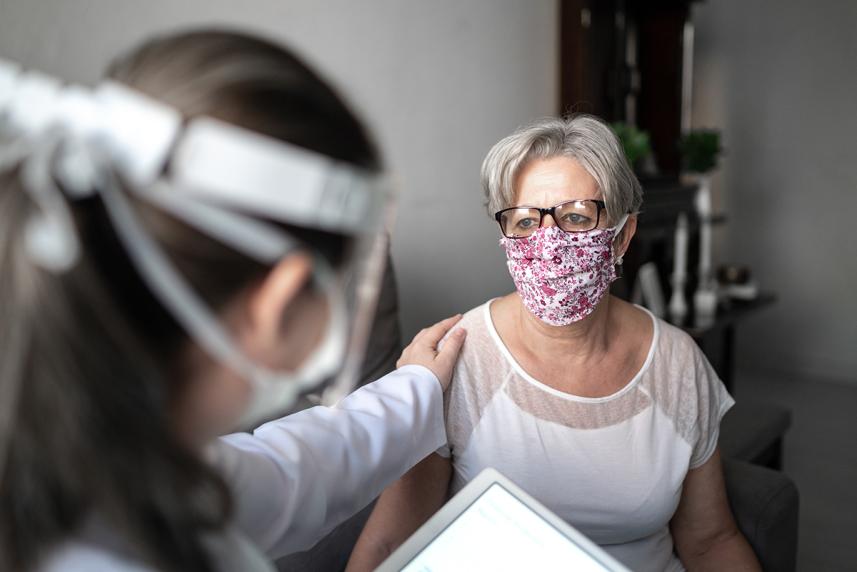Staying healthy and safe on a medication plan
Try these tips to support your mind and body while taking mental health medications.

Mental wellness is an important part of your overall health. Many people experience difficulties with their mood, have trouble with anxiety that is difficult to control, or are challenged by disturbing thoughts. Sometimes these symptoms seem to come out of nowhere, while other times people can experience these feelings after a traumatic event.
The good news is that there are many effective treatments for mental health conditions, including psychotherapy (talk therapy) and medication therapy. Often, the best treatment is a combination of both, supported by other healthy behaviors like exercise and attention to self-care.
Medications for mental health conditions are different from many other medications people take to stay healthy. This is because they usually affect chemicals in the brain called neurotransmitters (such as serotonin and dopamine) that are often unusually active when people are experiencing mental health symptoms. These medications are just like any other medications, though it is especially important to keep on top of the potential side effects.
Some mental health medications can make it more likely for people to gain unwanted weight, or to have increased blood sugar, cholesterol, or lipid levels. For this reason, it is important that your doctor monitor you for these side effects by monitoring your weight and blood pressure, and by ordering simple blood tests to make sure you stay healthy. These can help make sure that any problems do not get in the way of effective treatment of your mental health.
Following the guidelines below can help you and your doctor catch problems early, in order to keep your whole person as healthy as possible.
1. Schedule Regular Appointments with Your Doctor
Your care team will monitor your medications and keep track of your weight, blood pressure, blood sugar, and triglyceride levels. They will perform blood work every few months to measure your glucose and lipid levels and make sure they are within a safe range. This is called metabolic monitoring. If any of your numbers are too high, your doctor may change the dosage of your medication, or prescribe you something to address the side effects.
Your job: Get all lab work your doctor prescribes done right away—you can call the number on the back of your card or check with your primary care physician to determine if you are required to go to a certain lab. Be sure to report any side effects that you may be experiencing.
2. Keep Taking Your Medications
If your doctor wants you to reduce or stop taking your medications, you’ll get a plan for easing off of them gradually. Quitting abruptly can cause withdrawal symptoms like nausea, insomnia, or a rebound of your symptoms. So if you’re considering stopping your medications for any reason, call your doctor as soon as possible.
3. Aim for Healthy, Frequent Meals
Eat three or four small meals a day, with lots of fruits and vegetables, limited salt, and small amounts of protein and fat. And try to avoid alcohol and sweets. However, don’t go hungry—good nutrition is important!
4. Prioritize Exercise
Being active makes you stronger, helps you maintain a healthy weight, lowers your cholesterol, and helps control your blood sugar and blood pressure. Plus, it boosts your mood and gives you a sense of accomplishment that can make you feel better about yourself.
5. Open the Lines of Communication
When your medical and behavioral health providers work together, they can develop a coordinated plan for your care. If you receive treatment or support from a counselor or psychiatrist, it is important that they communicate with your primary doctor about your treatment plan so that you can get the best care. Ask your primary care doctor and your behavioral health providers to communicate. You may need to sign a form allowing them to release records to each other and specifying what records they can share.


